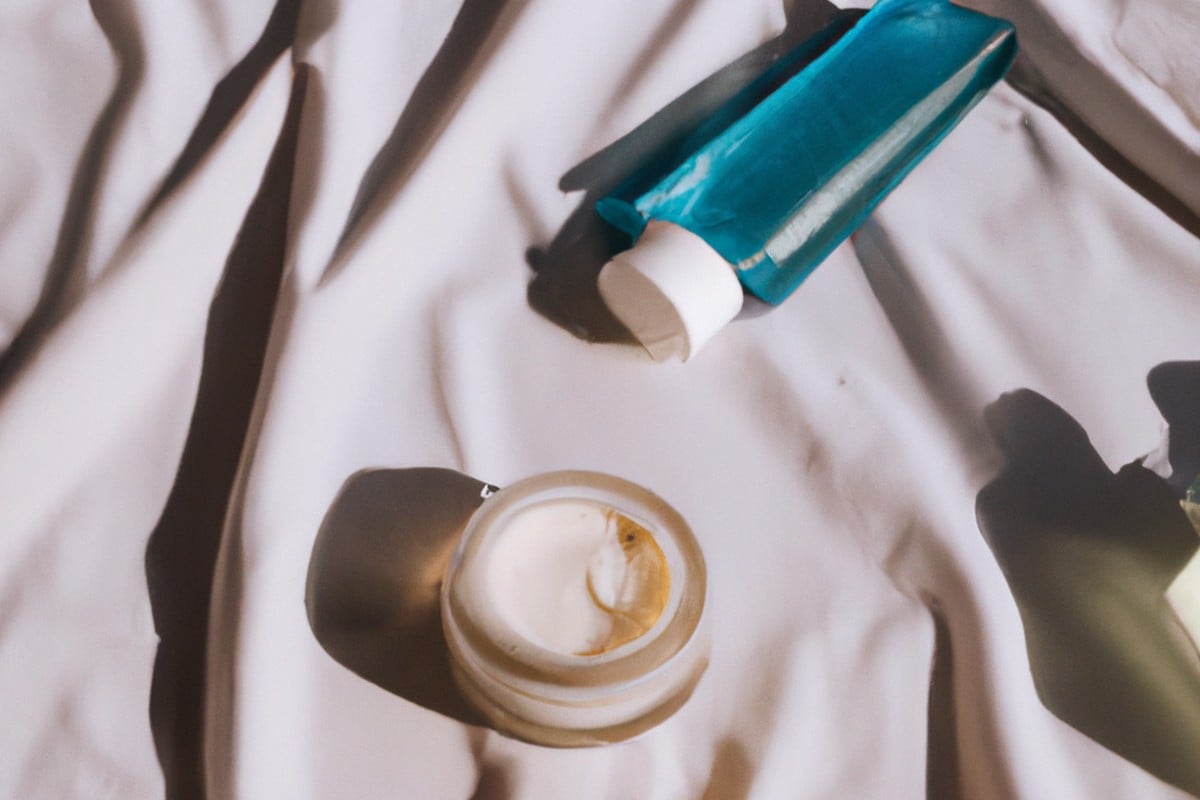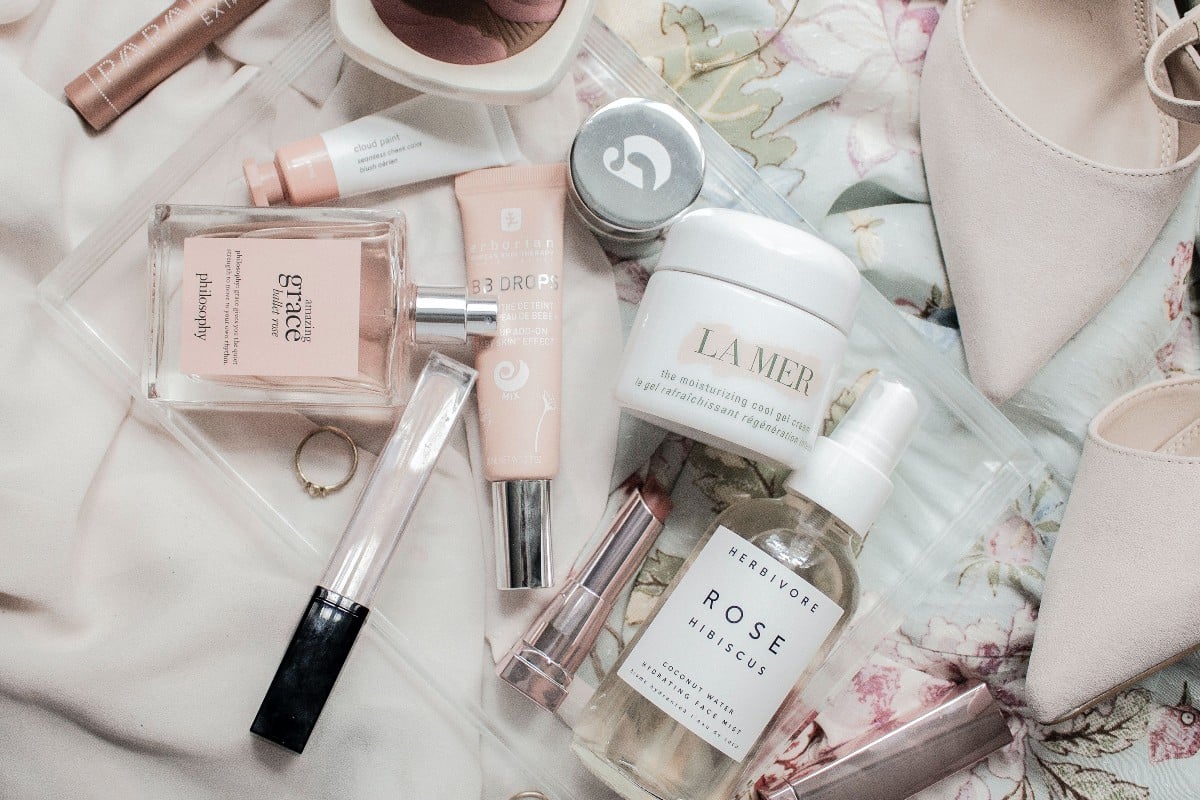Your Skincare Ingredient Bible: Which Ingredients to Use (and avoid) Based on Your Skin
Identifying the right ingredients to support your skin’s unique needs
Let me clarify: skincare is not about products that are beautifully packaged, have countless reviews, are expensive, or have attractive marketing hype. It’s really about what’s inside them. Ultimately, it all boils down to using products made from ingredients that are good for your skin and avoiding those that are.
But here’s the catch: there is no one-size-fits-all rule to determine the best or worst skin care ingredients. Everyone’s skin is unique, so what works for your friend may not necessarily work for you. A classic example is coconut oil. It can be a godsend for dry complexions, but a nightmare for people with oily or acne-prone skin. That’s why you need to understand the vast ocean of skin care ingredients and be able to distinguish your allies from your enemies. To do this, you must become familiar with the different ingredients and their effects on your skin, and determine which ones are best for you. Once this is mastered, you will be able to create a personalized beauty routine that will help you achieve a healthy, glowing complexion without jeopardizing your skin’s condition.
Dry Skin
Dry skin is characterized by a lack of moisture and sebum, which usually results in a dull complexion with a rough, flaky texture. Although it may be genetic, dry skin is usually caused by a weak epidermal barrier, which is responsible for retaining water. When this barrier is broken, the skin begins to lose more water than it retains, leading to dehydration and even inflammation. Therefore, if you have dry skin, it is important to choose skin care products that contain ingredients that replenish moisture and support the epidermal barrier, and avoid products that further dehydrate the epidermis. In addition, adding ingredients that stimulate cell renewal to remove flaking skin can help promote a more radiant appearance.
Pay close attention, beware, be careful
Hyaluronic Acid
Ceramides
Squalane
Fatty acids
Glycerin
Shea Butter
Jojoba oil
Lactic and glycolic acids
Retinol
Urea
Vaseline
Panthenol
Snail mucin
Honey
Avoid
Alcohol
Perfume
Sulfates
Salicylic acid
Benzoyl peroxide
Astringent
Oily Skin
Oily skin means that your body produces too much sebum, a natural oil that moisturizes and protects the skin. While there’s nothing wrong with excessive sebum production – it actually has many benefits – the problem is that excessive sebum production can clog pores, leading to blackheads and pimples and a shiny, oily appearance. To avoid this, you need to balance your skin’s oils while not taking too much moisture away.
Keep an eye out for ingredients that regulate sebum production, such as niacinamide and salicylic acid, as well as ingredients that absorb excess oil, such as kaolin and charcoal. It’s also important to keep your skin hydrated so it doesn’t overproduce oil, so check out products that contain hyaluronic acid, ceramides and squalane. Also, avoid drying cleansers and toners that contain alcohol – they both dehydrate the skin and force the body to produce more sebum. Also, avoid acne-causing ingredients, as they can clog pores and worsen acne.
Pay close attention, beware, and watch out for
Salicylic acid
Niacinamide
Retinol
Linoleic acid
Kaolin
Hyaluronic acid
Glycerol
Squalane
Ceramides
Charcoal
Avoid
Heavy oils, such as coconut and avocado oils
Oils rich in oleic acid, such as olive oil
Mineral oils
Alcohol
Harsh scrubs
Thick moisturizers
Silicone products
Algae extracts
Cocoa Butter
Vitamin E
Sensitive Skin
When your skin is sensitive or prone to redness, it indicates that its protective barrier is compromised. This makes the skin vulnerable to external damage and more susceptible to chemical irritation. To Care for sensitive skin, choose products that contain barrier-repairing, hydrating and inflammation-relieving ingredients. Ceramides, fatty acids and cholesterol are the best choices because they are the lipids that repair the epidermal barrier and add moisture. On the other hand, it is important to avoid high concentrations of retinol, vitamin C, fragrances and chemical acids, which can trigger irritation and exacerbate sensitivity.
Pay close attention, beware, be careful
Ceramides, cholesterol, fatty acids
Chamomile
Colloidal oatmeal
Green tea
Centella asiatica
Panthenol
Aloe Vera
Peptides
Avoid
Alcohol
Perfumes
Harsh chemical exfoliators and scrubs
High concentrations of retinoids
Sulfates
Benzoyl peroxide
Essential oils
Witch hazel
Acne-prone skin
Since acne is caused by the accumulation of bacteria, dead cells and sebum in the pores, you need ingredients with antibacterial and pore-cleansing properties to prevent breakouts. In addition, anything with anti-inflammatory properties will work well, as well as ingredients that exfoliate the top layer of skin and unclog pores.
Pay close attention, beware, and be careful
Benzoyl peroxide
Salicylic acid
Azelaic acid
Zinc
clay
Sulfur
Adapalene or retinoic acid
Retinol
Alpha hydroxy acid
Tea tree oil
Vitamin C
Probiotics
Niacinamide
Urea
Honey and Propolis
Centella Asiatica
Avoid
Sulfates and soaps
Dry alcohols
Lanolin, coconut oil and other acne-causing ingredients
Isopropyl myristate
Eczema prone skin
Eczema-prone skin is very sensitive and tends to become dry and itchy. This is because the natural protective barrier is weak and unable to resist external factors and lock in moisture. As a result, your complexion can become tight and saggy. But that’s not all. Eczema (also known as atopic dermatitis) can also cause nasty bumps on your skin that are both painful and itchy. It’s a chronic condition, so you may experience periods of flare-ups where your symptoms worsen, followed by periods of remission where your skin looks and feels normal.
If your skin is prone to eczema, the key is to use soothing and moisturizing active ingredients as well as barrier-enhancing ingredients. For example, a recent study found that ceramide-based creams were particularly effective for eczema. Vaseline is also a great substance to use because of its skin repair and antibacterial properties. Also, avoid retinol, vitamin C and exfoliating acids because they can trigger eczema flare-ups.
Pay close attention, beware, be careful
Ceramides
Shea butter
Colloidal oatmeal
Aloe Vera
Glycerin
Hyaluronic Acid
Vaseline
Vitamin E
Niacinamide
Green Tea
Grape Seed Extract
Hemp Seed Oil
Avoid
Retinol
Vitamin C
Alpha Hydroxy Acid
Salicylic Acid
Perfume
Dry alcohol
Ethanol
Propylene glycol
Lanolin
Urea
Essential Oils
Hyperpigmented skin
Hyperpigmented skin can develop dark spots or patches due to excessive production of melanin (skin darkening pigment) caused by sun damage, acne and inflammation. To lighten hyperpigmentation, use products that contain brightening ingredients such as vitamin C, tretinoin and green tea. They work by interfering with the enzymes responsible for melanin production, thereby reducing the amount of pigmentation that builds up on the skin’s surface. Chemical exfoliants (think glycolic and lactic acids) are also great because they remove pigment cells. Just be sure to use them in your PM routine; otherwise, they may exacerbate hyperpigmentation. Also, apply sunscreen daily as a preventive measure for dark spots.
Pay close attention, beware, be careful
Vitamin C
Azelaic acid
Triglyceride
Niacinamide
Retinol
Licorice extract
Green Tea
Resveratrol
Mulberry Extract
Coenzyme Q10
Tranexamic Acid
Sunscreen
Avoid
Daytime use of retinoids and exfoliators
Skin Aging
As you age, your skin loses important proteins, such as collagen and elastin, which can greatly affect its elasticity and firmness. In addition, aging skin lacks sebum, or moisture, and has a slower ability to renew itself due to poor cell renewal. To help your skin age more healthily and minimize the appearance of fine lines and wrinkles, start using collagen-boosting ingredients such as retinol and vitamin C, and increase hydration such as hyaluronic acid and squalane. Beware of sun exposure and apply a broad-spectrum sunscreen with at least SPF 30 to protect your skin from further damage that may accelerate the aging process.
Pay close attention, beware, be careful
Retinoic acid
Vitamin C
Niacinamide
Green Tea
Peptides
Epidermal growth factor
Psoralenol
Centella Asiatica
Squalane
Hyaluronic Acid
Sunscreen
Avoid
Harsh cleansers and scrubs
Dry Alcohol




